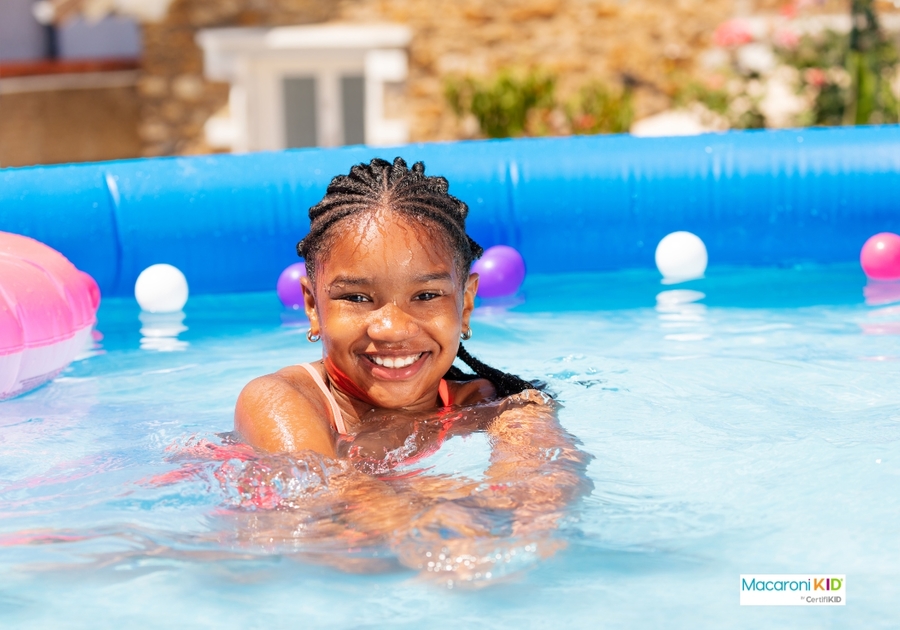So you’re interested in learning more about child safety measures for inflatable pools? Well, you’ve come to the right place! In this article, we’ll discuss everything you need to know to keep your little ones safe while enjoying their time in the water. From setting up the pool in a secure location to implementing proper supervision and installing safety barriers, we’ll cover it all. Stay tuned to discover some essential tips and guidelines that will give you peace of mind and allow your kids to have a blast in their inflatable pool.
When it comes to child safety, it’s crucial to be proactive and take necessary precautions. Inflatable pools can be a great source of fun and entertainment, but they also pose some risks if not used responsibly. We’ll go over important measures such as teaching your kids how to swim, implementing pool rules, and of course, never leaving them unattended. So whether you have a small kiddie pool or a larger inflatable pool, we’ll provide you with the information you need to create a safe environment and ensure your child’s well-being.
Remember, child safety is everyone’s responsibility. In this article, we’ll equip you with the knowledge and tools to make informed decisions and create a safe environment for your child to enjoy their inflatable pool. So sit back, relax, and get ready to dive into some valuable information that will not only educate you but also empower you to take the necessary steps for a worry-free summer filled with joy and laughter.
Child Safety Measures for Inflatable Pools
Inflatable pools are a popular choice for families who want to enjoy some water fun in their own backyard. These portable and affordable pools provide hours of entertainment for children and adults alike. However, it’s important to prioritize child safety when it comes to using inflatable pools. In this article, we will discuss the various measures you can take to ensure the safety of your children while they enjoy their time in the pool.
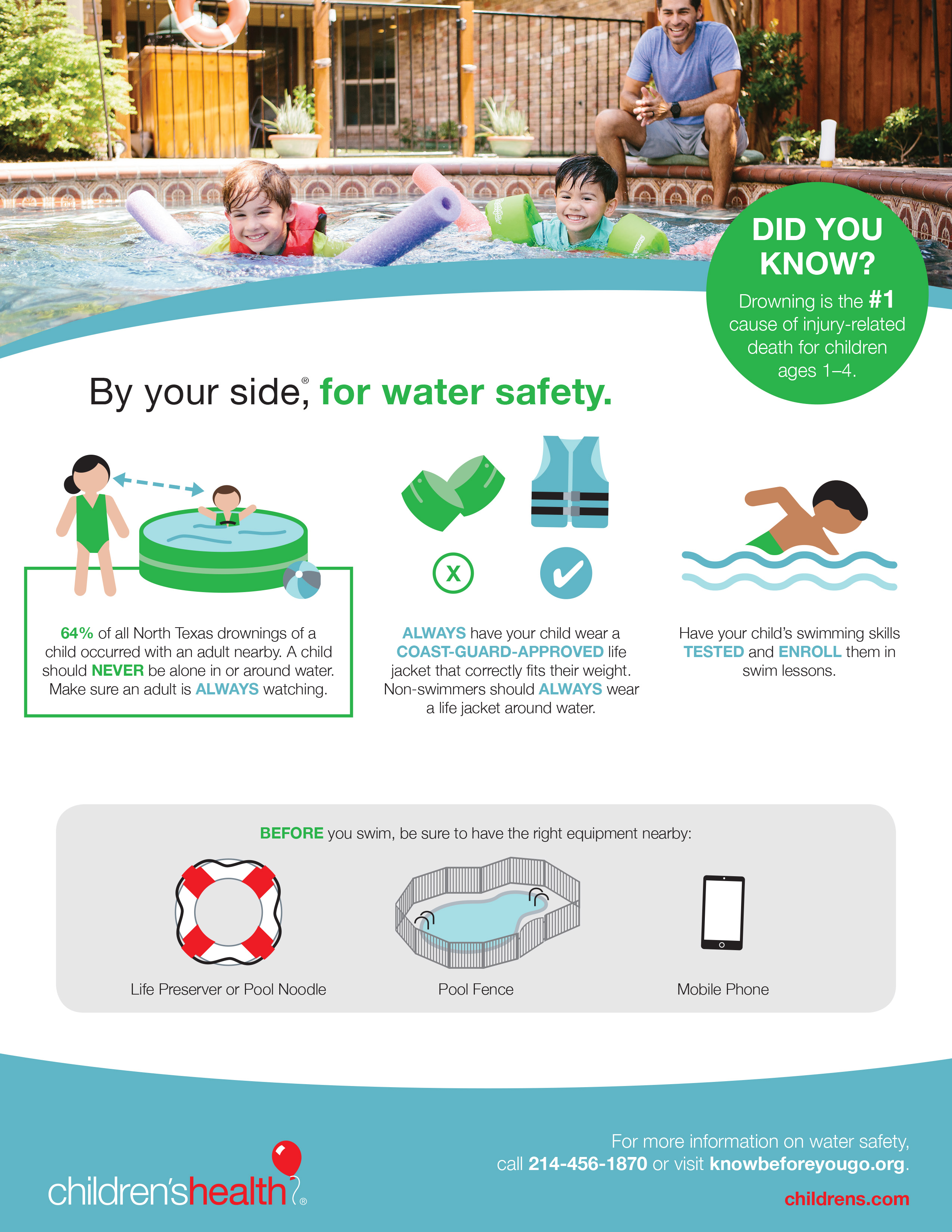
Importance of Child Safety in Inflatable Pools
Child safety should always be the top priority when it comes to any water-related activity. Inflatable pools, although smaller in size compared to traditional swimming pools, still pose certain risks for children. Drowning is a major concern, especially for young children who may not have developed good swimming skills. Additionally, there may be other hazards associated with inflatable pools, such as sharp edges or unsafe materials.
Choosing Safe Inflatable Pools for Children
When selecting an inflatable pool for your child, there are a few key considerations to keep in mind to ensure its safety. Firstly, opt for a pool that is age-appropriate and suitable for your child’s size and weight. Look for pools labeled with age recommendations or weight limits to ensure you choose the right one. Secondly, check the material of the pool to ensure it is durable and free from harmful chemicals. Look for pools made from PVC that is phthalate-free and BPA-free. Lastly, choose pools with safety features such as non-slip surfaces or built-in seats for younger children.
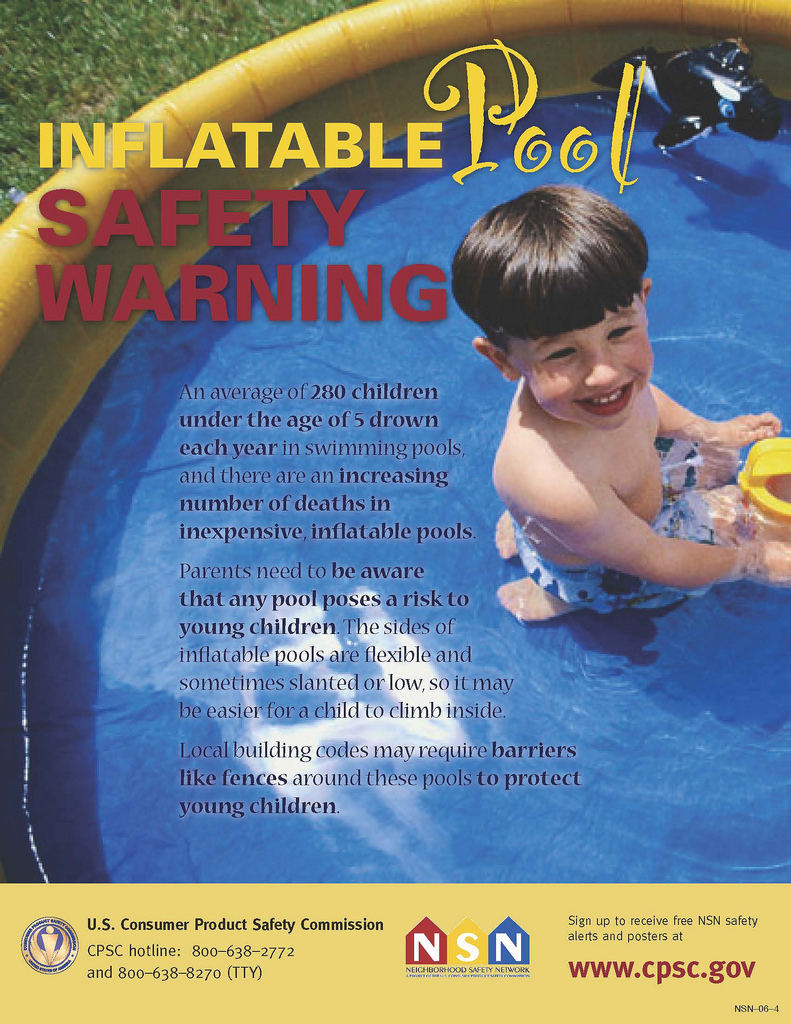
Setting Up a Safe Environment for Inflatable Pools
Creating a safe environment for your inflatable pool is essential to prevent accidents and injuries. Firstly, choose a suitable location for the pool. It should be on a flat and level surface, away from any sharp objects or obstructions. Clear the surrounding area of any potential hazards, such as furniture or toys, that children could trip over or fall onto. Ensure there is ample space around the pool for easy access and supervision.
Supervision and Adult Presence
Never leave children unattended while they are in or around an inflatable pool, regardless of its size. Even shallow water poses a drowning risk for young children. Assign a responsible adult to supervise the children at all times, keeping a close eye on them and being within arm’s reach. When multiple children are using the pool, it’s important to have additional adult supervision to ensure everyone’s safety. Remember, effective supervision is key to preventing accidents and responding quickly in case of emergencies.
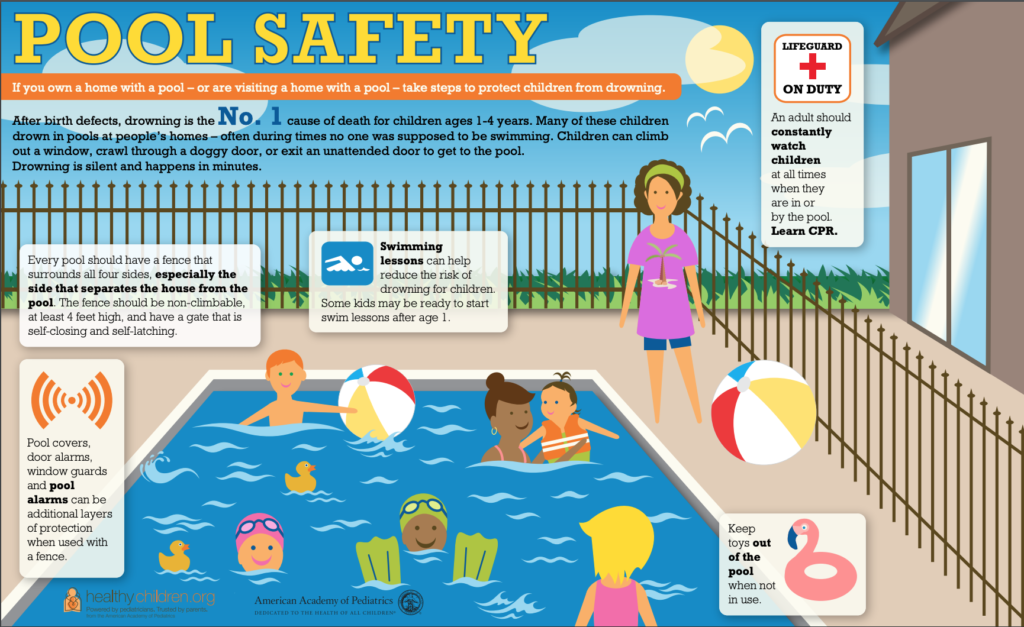
Clearing the Pool Area from Hazards
Before allowing children to enter the pool, make sure the area is free from any potential hazards. Remove any sharp objects, such as rocks or broken toys, that could puncture the pool’s material. Keep the pool area clean and clear of debris that could cause slip and fall accidents. Regularly examine the pool for any signs of damage or wear and tear, and repair or replace it immediately if needed.
Implementing Safety Rules and Guidelines
Establishing clear safety rules and guidelines is essential for creating a safe environment for children in and around the inflatable pool. Communicate these rules to your children and ensure they understand and follow them. Some important safety rules to consider include:
- No running or rough play near the pool.
- No diving or jumping into the pool.
- No pushing or dunking other children.
- No swimming without adult supervision.
- No playing with electrical devices near the pool.
By setting these rules and consistently enforcing them, you can minimize the risk of accidents and keep your children safe while they enjoy their time in the inflatable pool.
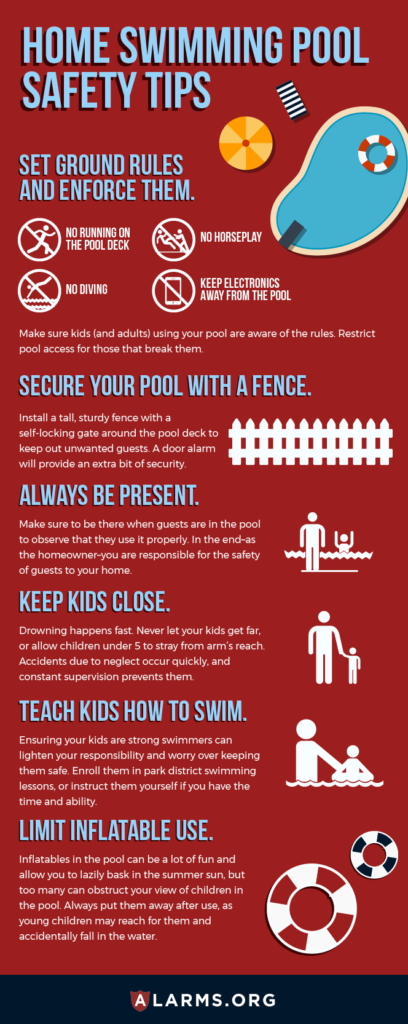
Proper Inflation and Maintenance
Properly inflating the pool is crucial for its stability and safety. Follow the manufacturer’s instructions to ensure the pool is inflated to the correct level. Overinflating or underinflating the pool can create an unstable environment and increase the risk of accidents. Regularly check the pool’s inflation level and make adjustments as necessary.
In addition to proper inflation, regular maintenance is important to keep the pool in good condition. Inspect the pool for any leaks or tears before each use, and patch or replace damaged areas immediately. Keep the pool clean by regularly removing debris and using appropriate pool cleaning products. Following these maintenance practices will not only prolong the life of your inflatable pool but also ensure its safety for your children.
Using Safety Features and Accessories
There are several safety features and accessories available that can enhance the safety of your inflatable pool. One important accessory is a pool cover, which can prevent accidental falls and keep debris out of the pool. Look for covers that are specifically designed for inflatable pools and provide a secure fit.
Another safety feature to consider is an alarm system. Pool alarms can alert you if your child enters the pool area unsupervised or falls into the water. These alarms can be installed on entry gates or directly on the pool itself. They are an additional layer of protection and can provide peace of mind for parents.
Additionally, consider using pool noodles or life jackets for younger or less confident swimmers. These flotation devices can provide extra support and help children stay afloat in the water, reducing the risk of drowning. Always choose appropriate-sized and properly fitting flotation devices for your child.
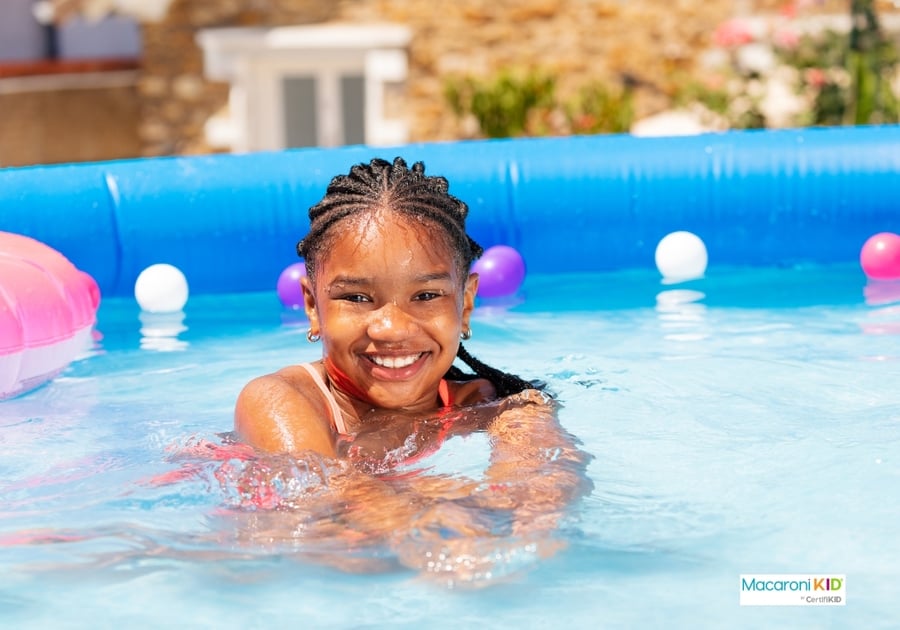
Teaching Children Water Safety Skills
Teaching children basic water safety skills is important for their overall safety in and around the pool. Children should learn to swim at an early age, as this skill can significantly reduce the risk of drowning. Enroll your child in swimming lessons taught by certified instructors who specialize in teaching young children.
In addition to swimming skills, teach your children other important water safety techniques, such as treading water, floating on their back, and how to safely enter and exit the pool. Educate them about the dangers of the pool and how to behave responsibly while swimming, such as not diving into shallow water or not swimming alone.
Monitoring Water Quality and Chemicals
Maintaining proper water quality is essential for the safety and health of your children. Regularly test the water to ensure the chemical levels are balanced, including the chlorine and pH levels. Follow the manufacturer’s instructions for maintaining water quality and use appropriate chemicals to treat the water.
Children are more sensitive to chemicals, so be cautious when adding chemicals to the pool. Avoid using excessive amounts of chemicals and closely monitor the water quality to prevent any adverse reactions or discomfort for your children. If you notice any irritations or unusual reactions, consult a professional or your local pool supply store for guidance.
Dealing with Emergencies and First Aid
Despite taking all the necessary precautions, accidents can still happen. It’s important to be prepared for emergencies and have a plan in place. Learn basic first aid techniques, such as CPR and rescue breathing, to respond effectively in case of a water-related emergency. If you have a pool, consider taking a certified CPR course specifically for children.
Keep a well-stocked first-aid kit near the pool area, which includes items such as band-aids, antiseptic ointment, gauze, scissors, and a CPR face shield. Teach older children how to use these items and what to do in case of minor injuries. Additionally, have emergency contact numbers readily available in case professional medical assistance is required.
Regular Inspections and Repairs
Regular inspections of your inflatable pool are crucial to ensure its safety and functionality. Inspect the pool before each use, looking for any signs of damage, leaks, or wear and tear. Check the pool’s seams, valves, and overall structure to ensure they are intact and in good condition. Perform any necessary repairs promptly to prevent further damage or potential accidents.
If the pool develops a significant leak or becomes structurally unsound, it may be time to replace it. Avoid using a damaged or compromised pool, as it can pose a danger to your children. Always prioritize their safety by ensuring they have a safe and well-maintained pool to enjoy.
Educating Parents and Caregivers
Finally, it’s essential to educate parents and caregivers about the importance of child safety in inflatable pools. Share this article, along with other relevant resources, with other parents or caregivers who have inflatable pools. Encourage them to follow the recommended safety measures and guidelines to protect their children while they enjoy their pool time. By raising awareness about child safety in inflatable pools, we can help prevent accidents and keep our children safe.
Conclusion
Child safety in inflatable pools should never be taken lightly. By following the child safety measures outlined in this article, you can create a safe and enjoyable environment for your children to have fun and cool off during the hot summer days. Remember to choose safe inflatable pools, set up a safe environment, provide constant supervision, enforce safety rules, properly inflate and maintain the pool, utilize safety features and accessories, teach children water safety skills, monitor water quality and chemicals, be prepared for emergencies, regularly inspect and repair the pool, and educate parents and caregivers. With these measures in place, you can ensure that your children’s experience in the inflatable pool is both fun and safe.
